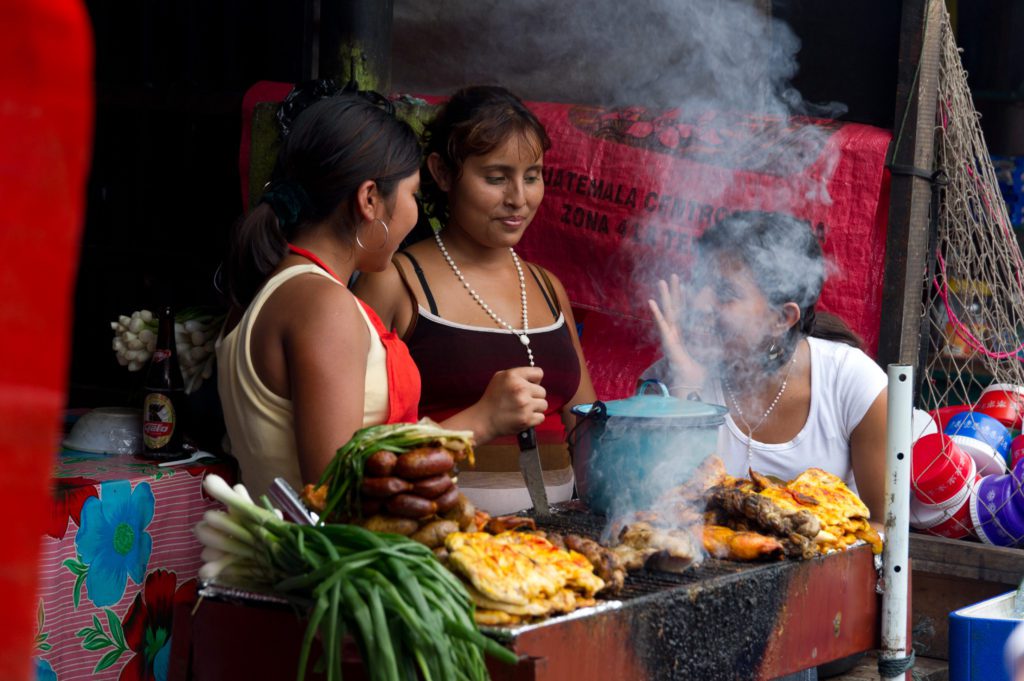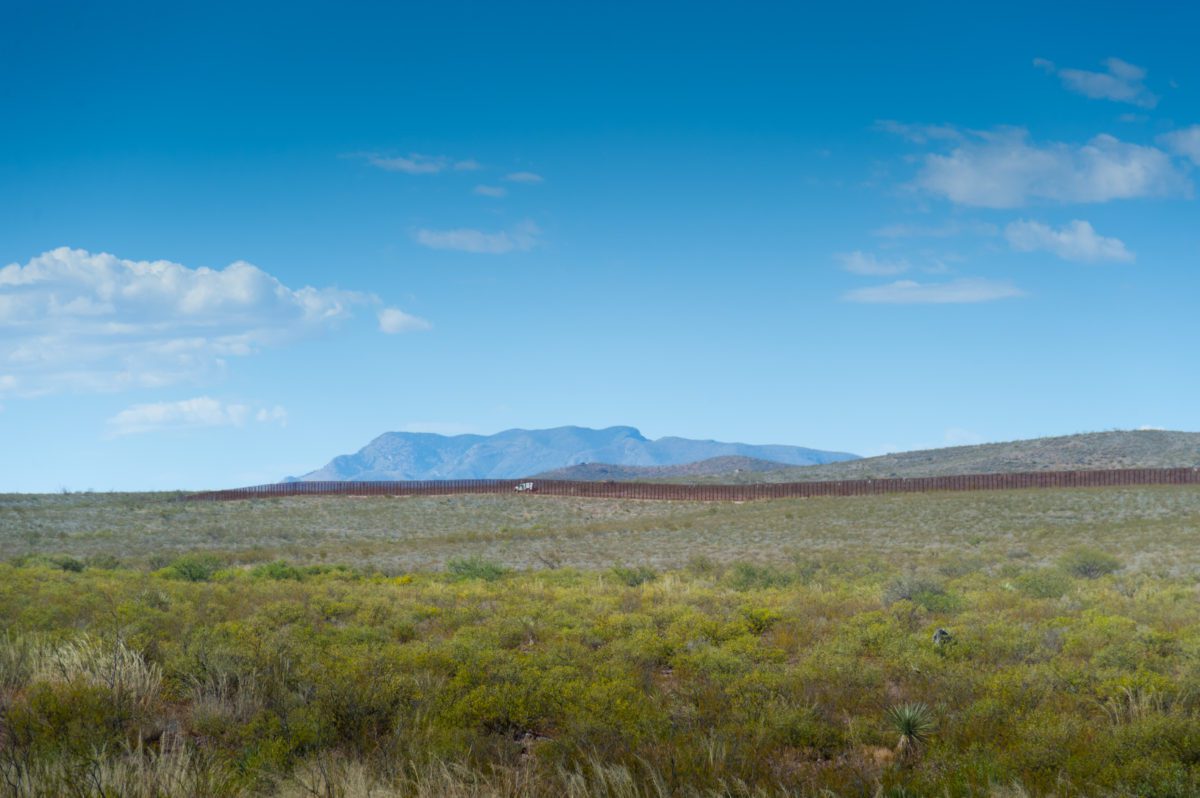Look at the border fence from Agua Prieta, Mexico, to Douglas, Arizona, US. [NIKON D3, 24.0-120.0 mm f/3.5-5.6, Mode = Aperture Priority, ISO 500, 1/2000, ƒ/5.6, (35mm = 120)]
Three mass shootings this past week. Shots rang out as Americans attended a local food festival in California, shopped at a Walmart in Texas, and headed downtown to enjoy some nightlife in Ohio.
Most of these mass shootings in America are carried out by white supremacists and terrorists who are white males.
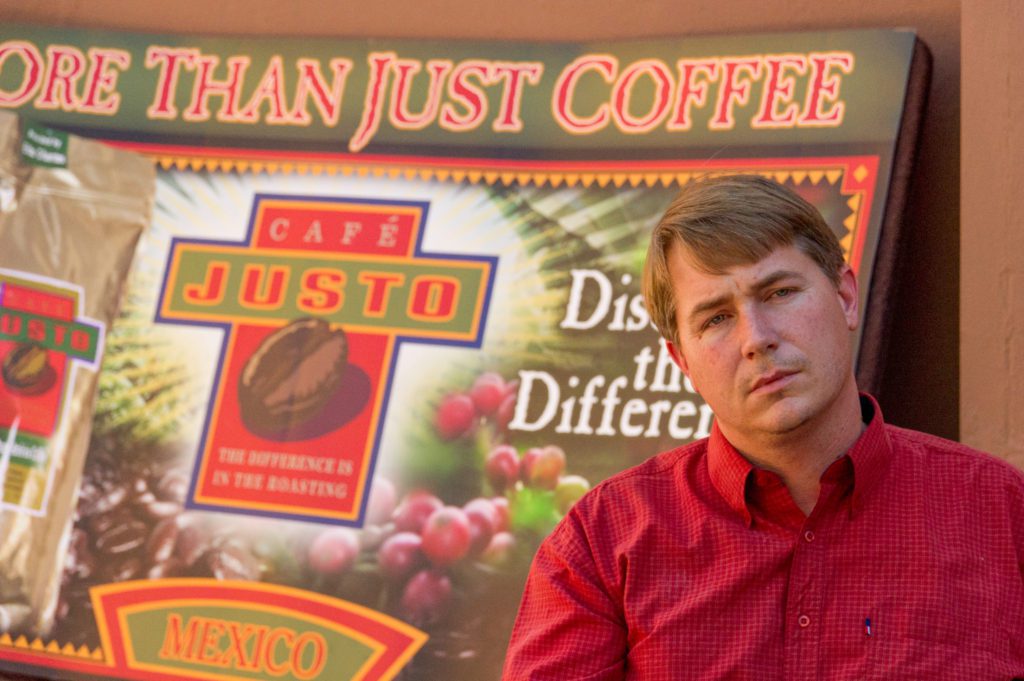
My friend Mark Stephen Adams, the coordinator for Frontera de Cristo, invited me a couple of times to cover the work they are doing on the Mexican/US border. Frontera de Cristo’s Mission Education Ministry focuses on building relationships and understanding across borders. We have facilitated crossing borders for more than 400 persons a year who wish to enter into a relationship with their sisters and brothers in Mexico. These trips and the insight gained help churches, presbyteries, seminaries, and individuals reflect and act biblically and theologically on what it means to be disciples of Jesus Christ when borders divide.
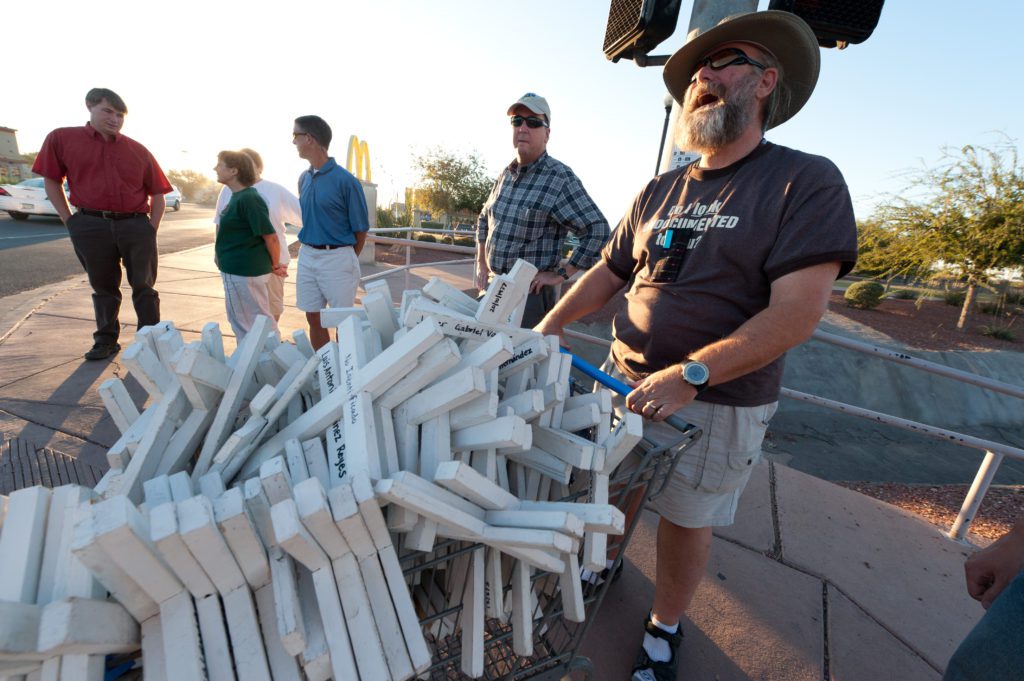
This was to be a vigil, but I don’t know what we’ll be doing. They come out here every week with the white crosses that bear the names of the people killed in this sector. They slowly walk down Pan American Avenue, picking up a cross, speaking the name of the deceased, and placing it name-faced-out toward people driving in their cars.
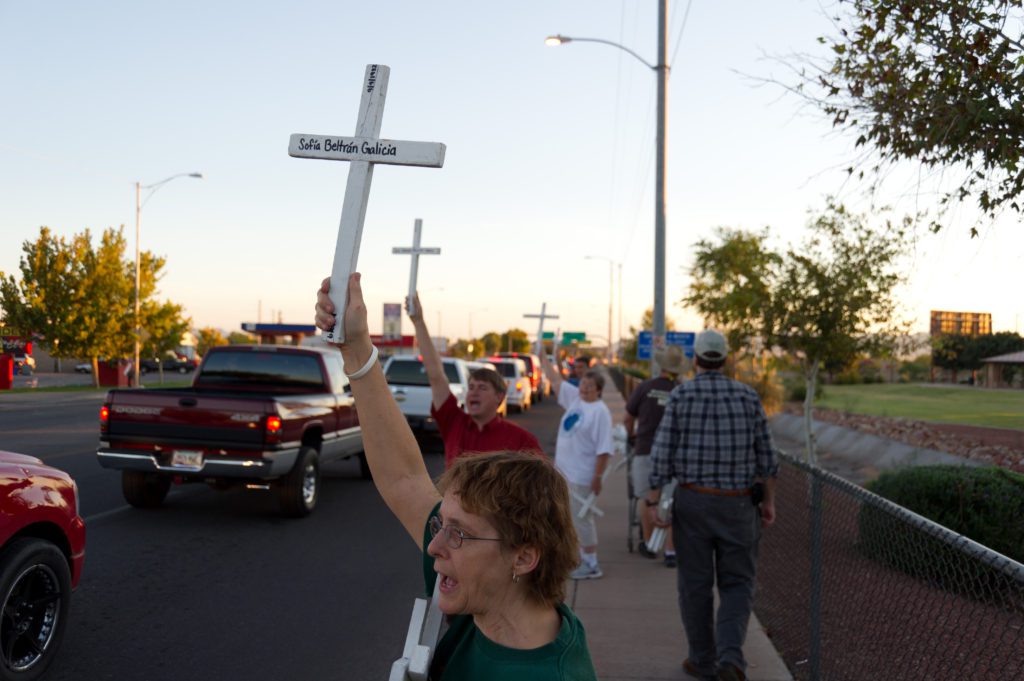
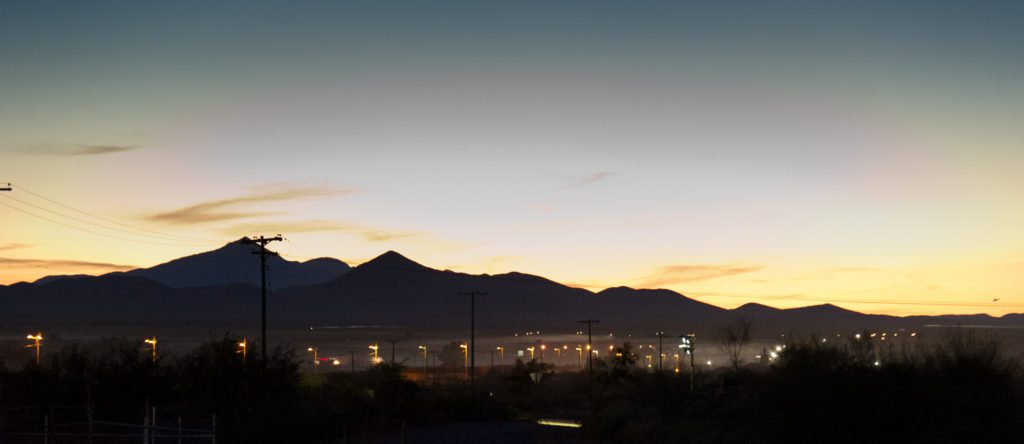
Why do so many people risk their lives to cross the border? The U.S. Border Patrol has recorded 6,915 migrant deaths along the border between the fiscal year 1998 and fiscal year 2016, and humanitarian groups estimate the figure to be much higher.
“I was eyes to the blind, and feet to the lame. I was a father to the needy, and I championed the cause of the stranger. I broke the fangs of the unrighteous, and made them drop their prey from their teeth.”
Job 29:15-17
Mark the and Frontera de Cristo team have had great success with one of the solutions: to help the Coffee Growers in Southern Mexico get a fair price for their coffee. Here is that story I did in 2010.
Mark has helped to educate me on how many people are trying to cross the border because of US policies like NAFTA. NAFTA made it so that US crops were cheaper than Mexicans could charge.
With their society being primarily an agricultural society, they had to go through their version of the “Industrial Revolution” in about ten years rather than the 100 years we took to go through it.
A Migrant is a person who moves from one place to another, especially to find work or better living conditions.
Dictionary
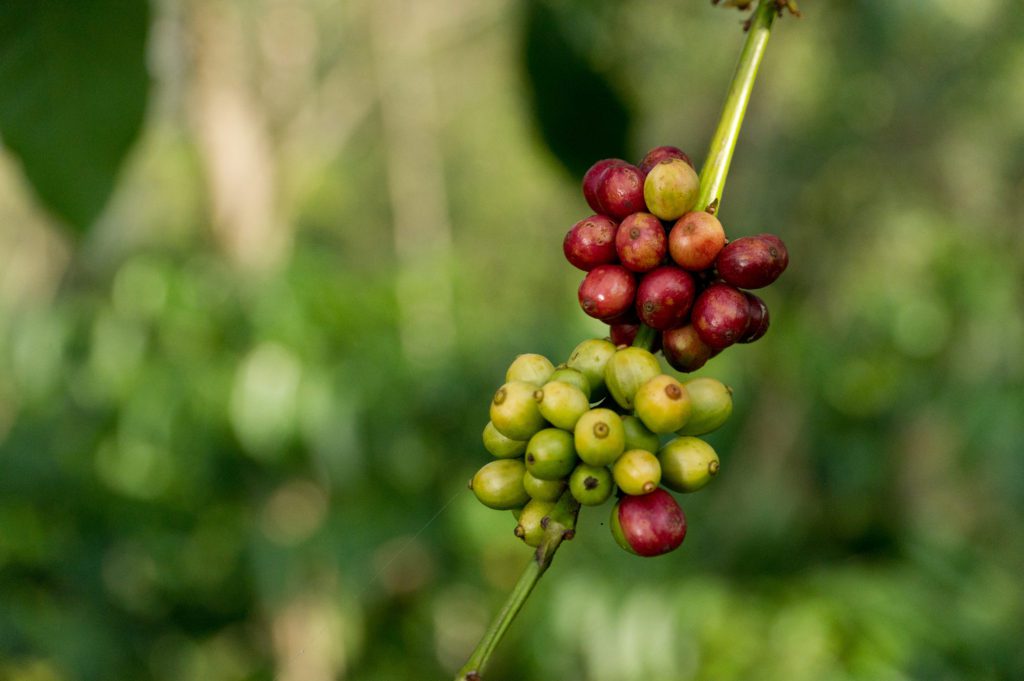
Most crossing the border today do not have a coffee farm. The solution is to stabilize the rest of the region so that there are jobs and they can feel safe living where they are from, as shown by the Just Coffee cooperative solution for the coffee growers.
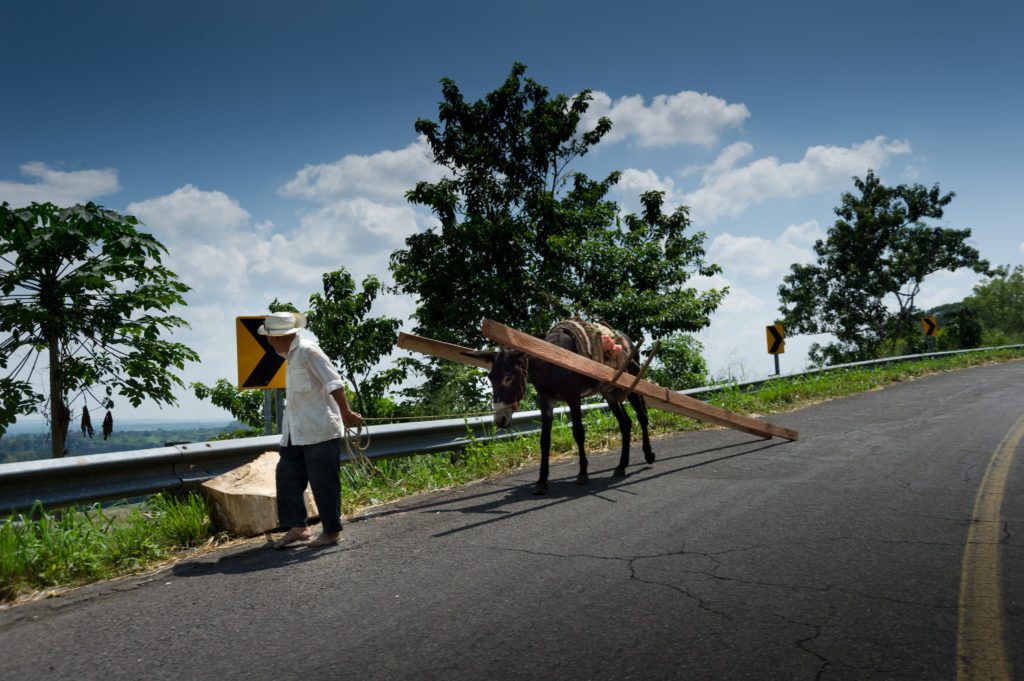
“Let mutual love continue. Do not neglect to show hospitality to strangers, for by doing that some have entertained angels without knowing it. Remember those who are in prison, as though you were in prison with them; those who are being tortured, as though you yourselves were being tortured.”
Hebrews 13:1-3
Today I hope you will take time and pray for those killed just for their skin color. Pray for their families and for economic stability in the region so families can stay together.
